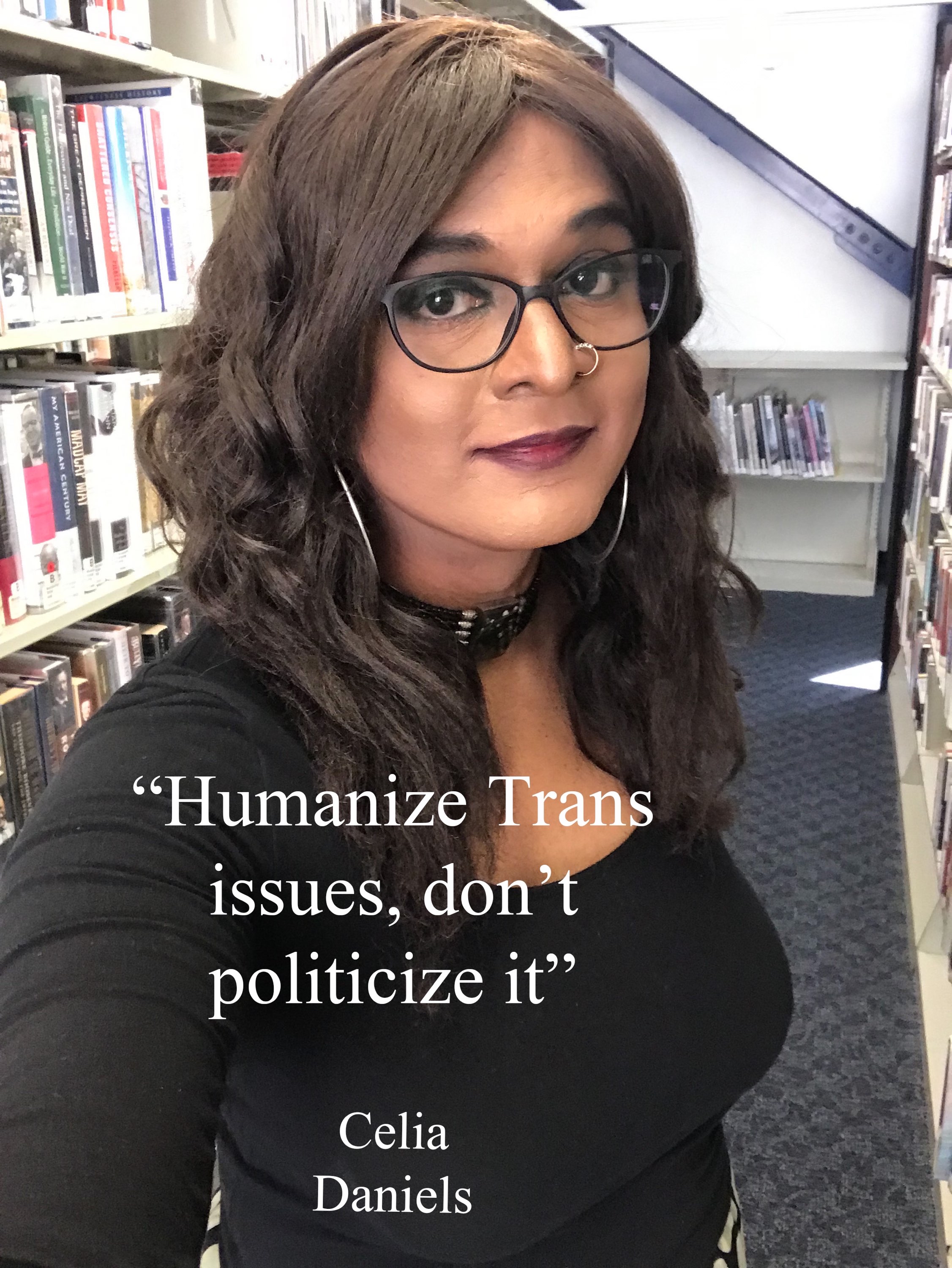Eunuchs defined in the Bible
- Rebekon Consulting LLC

- Oct 23, 2024
- 3 min read
Updated: Jan 12, 2025

I always wondered if Jesus was referring to transgender community when He mentioned Eunuchs.
In Matthew 19:12, Jesus speaks about eunuchs in the context of marriage, celibacy, and the kingdom of heaven. The verse says:
“For there are eunuchs who have been so from birth, and there are eunuchs who have been made eunuchs by others, and there are eunuchs who have made themselves eunuchs for the sake of the kingdom of heaven. Let anyone accept this who can.”
Here, Jesus refers to three types of eunuchs:
1. Eunuchs from birth: These are individuals who, due to natural causes or congenital reasons, were unable to reproduce. In ancient times, these might have included people with various physical conditions that prevented them from having children.
2. Eunuchs made by others: In the ancient world, eunuchs were often men who were castrated, typically to serve in royal courts or as guardians of harems, especially in the Middle East and parts of the Roman Empire. They were often entrusted with certain duties where reproduction was discouraged or forbidden.
3. Eunuchs by choice for the kingdom of heaven: Jesus speaks of those who choose celibacy for spiritual reasons, dedicating their lives to serving God without the distractions or obligations of marriage and family life.
In this passage, Jesus uses the concept of eunuchs symbolically to describe different forms of celibacy. He emphasizes that some people choose a life of celibacy voluntarily as part of their spiritual dedication, similar to how some eunuchs were set apart from typical societal roles.
Jesus’ teaching here highlights the diversity of ways individuals might live their lives in relation to sexuality, marriage, and spiritual commitment, affirming that there is a place for those who remain unmarried and celibate as part of their devotion to God.
The eunuchs Jesus mentions in Matthew 19:12 are not directly associated with modern understandings of transgender identity, though there are some overlapping themes when it comes to social roles, gender, and sexual identity.
In the ancient world, eunuchs were typically understood as individuals who did not conform to traditional expectations of masculinity, particularly because of their inability to reproduce. This non-conformity sometimes placed eunuchs in ambiguous or marginalized positions within society, and they were often associated with roles that were outside of the typical male-female gender norms of the time.
However, eunuchs were not necessarily transgender by today’s definitions. Eunuchs were often castrated, either voluntarily or by force, but this did not mean that they identified as a different gender from the one assigned to them at birth. Instead, their status was defined by physical alterations and societal roles, particularly around issues of reproduction and sexuality.
That said, eunuchs, like transgender individuals, often challenged the binary and rigid gender norms of their time, and they occupied spaces that were neither fully male nor fully female in traditional terms. In some ancient cultures, including in the Roman and Byzantine empires, eunuchs were given particular roles that made them distinct from both men and women.
While the concept of transgender identity—as an internal sense of gender that does not align with the sex assigned at birth—did not exist in the same way in ancient times, the existence of eunuchs shows that there were people who lived outside of typical gender roles and who were sometimes seen as “other” in terms of gender and sexuality. Today, some might find parallels between the experiences of eunuchs and those of transgender or gender-nonconforming individuals in terms of social marginalization or gender fluidity.
Ultimately, eunuchs in the context of the Bible reflect a category related to physical status and societal roles, while being transgender today is about a person’s gender identity and experience of their own gender, which may or may not involve medical or physical transition.
Most importantly Jesus talks about a community that was ostracized, devalued and misunderstood in the society. He cares for this community as much he cared about the orphans, widows and aliens. In today’s context such a community would fall under the gender diverse or gender non binary category. When you truly love God, you will learn to love the transgender community.
Here are some resources to help you. http://www.rebekon.com/resources




Comments